


71 Posts

September 4, 2024
The future is here: How AI is transforming cancer careArtificial intelligence has been integrated into multiple aspects of our lives—from helping with everyday tasks to diagnosing and treating disease, including cancer.
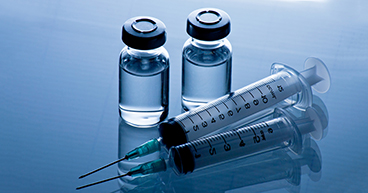
August 29, 2024
Vaccines: Standard of care for some cancers, elusive for othersNot on the World Health Organization's list of current or potential vaccines is one that prevents all cancers.

May 21, 2024
How wearable fitness trackers may help cancer patients and survivorsThe four most important health uses for wearable trackers are monitoring, screening, detecting and predicting.
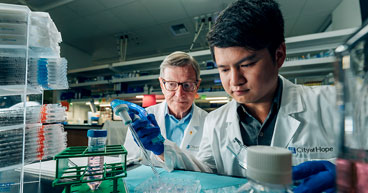
February 1, 2024
5 bold predictions about the future of cancer careCancer researchers are optimistic that in 2024 more people will benefit from cancer breakthroughs, including research that unlocks the biology behind cancer disparities, wider access to CAR T-cell therapy and better access to clinical trials.
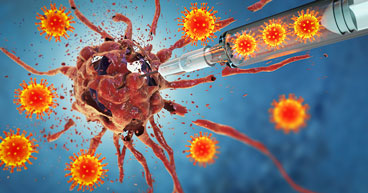
September 26, 2023
Bringing viruses to the frontlines of cancer treatmentSome viruses not only have a talent for killing cancer cells, but they also may improve the body’s immune system response to the disease.
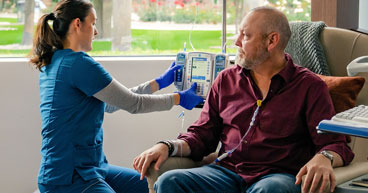
August 17, 2023
Cancer treatments often may include more alternatives to chemotherapyChemotherapy is still regularly used in cancer treatment—either by itself or in combination with other therapies—but oncologists also have a variety of newer cancer-fighting drugs at their disposal.
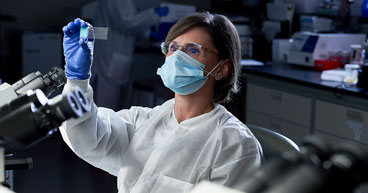
August 1, 2023
Bispecific antibodies: New hope for hard-to-treat blood cancersNew therapies are available to bolster the immune system by using novel lab-produced antibodies that handcuff cancerous cells to disease-fighting T-cells.
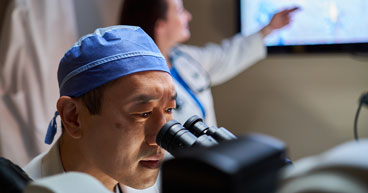
March 21, 2023
How quickly does cancer spread?Because every cancer is different, there’s no universal rate at which all cancers grow. Some cancers tend to remain in place and not grow much at all. Others grow slowly—so slowly that they may never require treatment. Aggressive cancers may grow and spread so quickly that they metastasize before the cancer has been diagnosed.
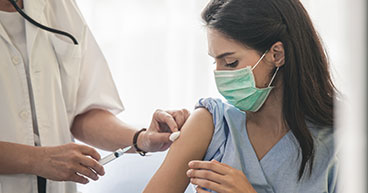
December 27, 2022
HPV vaccine compliance still lags as researchers eye a one-shot protocolVarious factors and a growing mistrust of vaccines are among some of the reasons why HPV vaccine rates may lag behind traditional recommended childhood vaccines
Guidelines
The information contained in this blog is not intended nor implied to be a substitute for professional medical advice. Always seek the advice of your physician or other qualified health provider prior to starting any new treatment or with any questions you may have regarding a medical condition. Nothing contained in the blog is intended to be used for medical diagnosis or treatment of any illness, condition or disease.